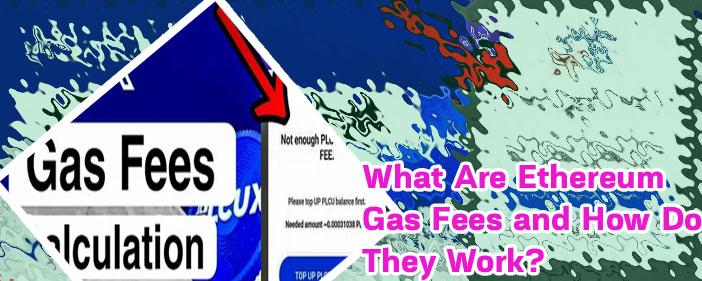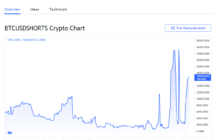As the popularity of cryptocurrencies continues to rise, so do the gas fees associated with transactions. High gas fees can be a major concern for crypto investors and users alike, as they can significantly impact the cost and speed of transactions. Fortunately, there are solutions and strategies that can help mitigate the impact of gas fees on your crypto transactions. Below are three articles that provide valuable insights and tips on how to navigate gas fees in the world of cryptocurrency.
5 Ways to Reduce Gas Fees When Trading Cryptocurrency
none
Understanding Gas Fees: A Beginner's Guide to Crypto Transactions
Gas fees are an essential aspect of engaging with cryptocurrencies, particularly for beginners looking to navigate the world of crypto transactions. Gas fees refer to the cost of conducting a transaction on a blockchain network, such as Ethereum. Understanding gas fees is crucial for users to comprehend how much they are paying for transactions and to optimize their crypto dealings.
Gas fees are determined by several factors, including network congestion and the complexity of the transaction. When the network is busy, gas fees tend to rise, while simpler transactions require lower fees. By understanding how gas fees work, users can make informed decisions about when to conduct transactions and how much to pay in fees.
For individuals new to cryptocurrencies, grasping the concept of gas fees can be overwhelming. However, with the right guidance and resources, beginners can navigate this aspect of crypto transactions with ease. It is important for newcomers to educate themselves on gas fees to avoid overpaying and to ensure smooth transactions on blockchain networks.
In conclusion, mastering gas fees is essential for anyone looking to engage in crypto transactions. By familiarizing themselves with this concept, beginners can make informed decisions and optimize their crypto dealings.
Tips for Minimizing Gas Fees on the Ethereum Network
As an expert in cryptocurrency and blockchain technology, I understand the importance of minimizing gas fees on the Ethereum network. Gas fees refer to the amount of ether required to perform a transaction or execute a smart contract on the Ethereum blockchain. With the increasing popularity of decentralized applications (dApps) and decentralized finance (DeFi) platforms, gas fees have become a significant concern for users.
One way to reduce gas fees is by avoiding peak times on the Ethereum network. During times of high network congestion, such as when a popular dApp is launching a new feature or there is a surge in trading activity, gas fees tend to skyrocket. By monitoring the network and choosing to transact during off-peak hours, users can potentially save a significant amount of money.
Another strategy is to use layer 2 scaling solutions, such as Optimistic Rollups or zk-Rollups. These solutions allow for off-chain computation and batch transactions, reducing the burden on the Ethereum mainnet and consequently lowering gas fees. By utilizing layer 2 scaling solutions, users can enjoy faster and more cost-effective transactions.



